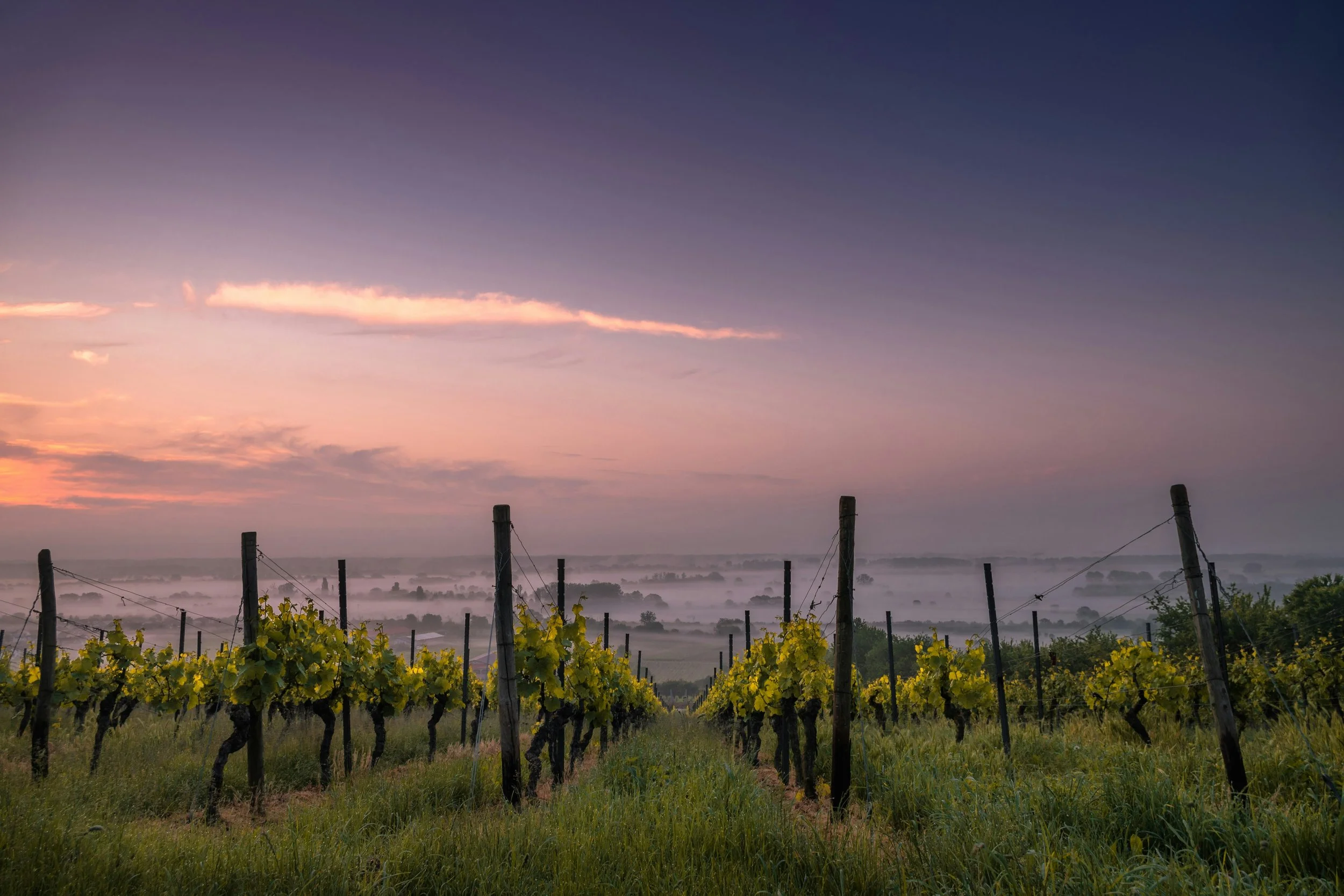Jubilee
My whole view on justice changed in 2024. Although joy and jubilee are my words every seven years, a time to refresh and restart, I always felt a weird twinge about making my word “jubilee” and not “justice.” I had been obsessed with justice since I was 18, probably younger. I fought for causes that meant something to me, raised my voice for I things that I knew mattered. People thought of me as that person; it was a part of my identity. But over the course of 2023 and 2024, I knew my definition of justice was shifting. It felt like a punch to my gut — my whole life had been wrapped up in what I thought this word meant.
I think justice is the right word to describe what we need in this world. The problem is, the word itself has been coopted by a shadow of what it means to actually pursue justice. Justice these days is synonymous with outrage, even violence. I found myself subscribing to this definition, pursuing it to the point of become enraged at the world around me, all the time. The idea of loving my enemy became preposterous, because Christ was no longer my guide — justice was. It didn’t matter that Jesus called for love of enemy and neighbor; if someone was “evil,” I found it hard to conjure any love for them. I had made justice my god.
I have been learning this lesson in small ways over and over since 2014, when I began to realize that it was Christ, and Christ alone, that meant anything in this world. But over the last few years I’ve come to realize in a deeper way that justice had taken such a hold over my heart that it was crowding out my ability to love, or even see clearly. But instead of finding a different way to live out my love for justice, I shut down. My internal world died, little by little. I became cynical and jaded and confused, not knowing what to hold onto if I wasn’t holding to my rigid idealism and need for change. In letting go of my idol, I wasn’t sure how to function. Justice had been my North Star, my guiding light, my hope. Without it, I felt raw and listless. I still feel this way — and I’ve been feeling it for months.
But today, as I sit and contemplate why “jubilee” is one of the resounding words of my life, I am finding that there might be a new way to approach justice in my life. Jubilee is about abundance. If gardening is joy, the plants themselves are jubilee. In Scripture, jubilee is about giving back the land to those it belongs to; restoring the vineyards to their proper ownership. It isn’t about justice for the sake of justice — it’s about planting and growing something, and making sure the land is in the right hands. It’s about dirt and plants and people. These days, justice is about abstract ideas. But jubilee is about refreshment and water and soil and tomatoes and olive trees. It’s about bread and wine and feasting. Justice, when held up against jubilee, feels hollow now. Justice feels like a cage, like something that is weaponized. Jubilee is the vision of what justice looks like lived out. Jubilee doesn’t exist on social media or in internet arguments, because it only exists in the real world, where things are actually built, actually grown, actually nurtured. Jubilee is the real thing.
A few years ago I felt God calling me to give up the path of justice, and I was heartbroken. I thought it meant taking the path of normalcy, of comfort and turning a blind eye to what was happening in the world. It was a false binary, and the antidote has been woven into my words all these years. The middle path is one of joy, but it is also one of jubilee. It is about planting and nurturing the seeds that will someday feed people, and in so doing, bring about justice. But justice is the result, not the practice. Jubilee is a way of life; a way of living in love and light and peace in way that cultivates the Kingdom of God on earth. It isn’t showy. In fact, it’s exceptionally ordinary, and that is the point. Jubilee is a lifestyle that we cultivate, not a persona we try to embody. It is gentle, it is good, it is the way of Christ.
